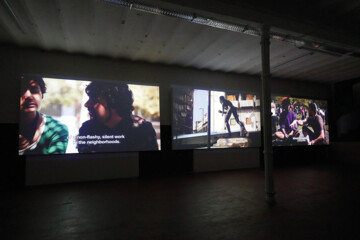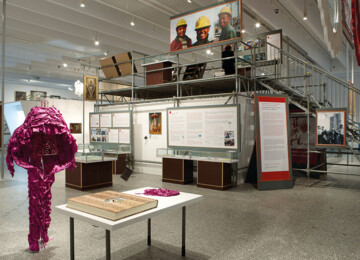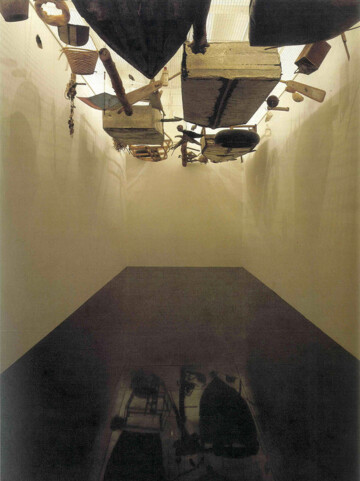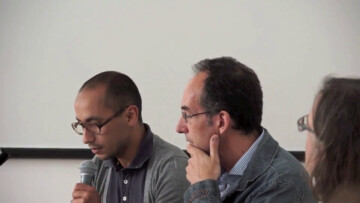A term proposed by the collective Peninsula; a platform in which historians, critics, curators and artists from Spain, Portugal and Latinoamerica discuss collective the hic at nunc of their practices, taking into account that this hic et nunc is a contingent time/space defined by power dynamics and logics of resistance. The term will be presented by Jesus Carrillo and Francisco Godoy. Colonialism interpreted the diversity of cultures, values and economic systems as a hierarchically arranged diversity of temporalities, which underpinned the discourses of domination and the design of power and knowledge relations. The subject of both anthropology and modern social sciences was based upon the ideological identification between there and then, producing an Other which entered the evolutionary logic of Western civilization as “the primitive”. This Other was mainly characterized for not been our contemporary (Fabian, 1983). We claim for an acknowledgment of the continuities between the colonial past and the current plurality of temporalities in the global context, the need to re-think those supposedly past times as part of our present (Sandhal, 2014), and to see them as relevant sites of political enunciation. The multiple temporalities of the postcolonial subject thus require radically new ways to relate to the past and to historize ourselves. The relationship between fact and fiction, the oral and the written, the authorial and the dialogical, the “historical” and the political, need to be negotiated taking into account the agonistic and antagonistic nature of these temporalities.






